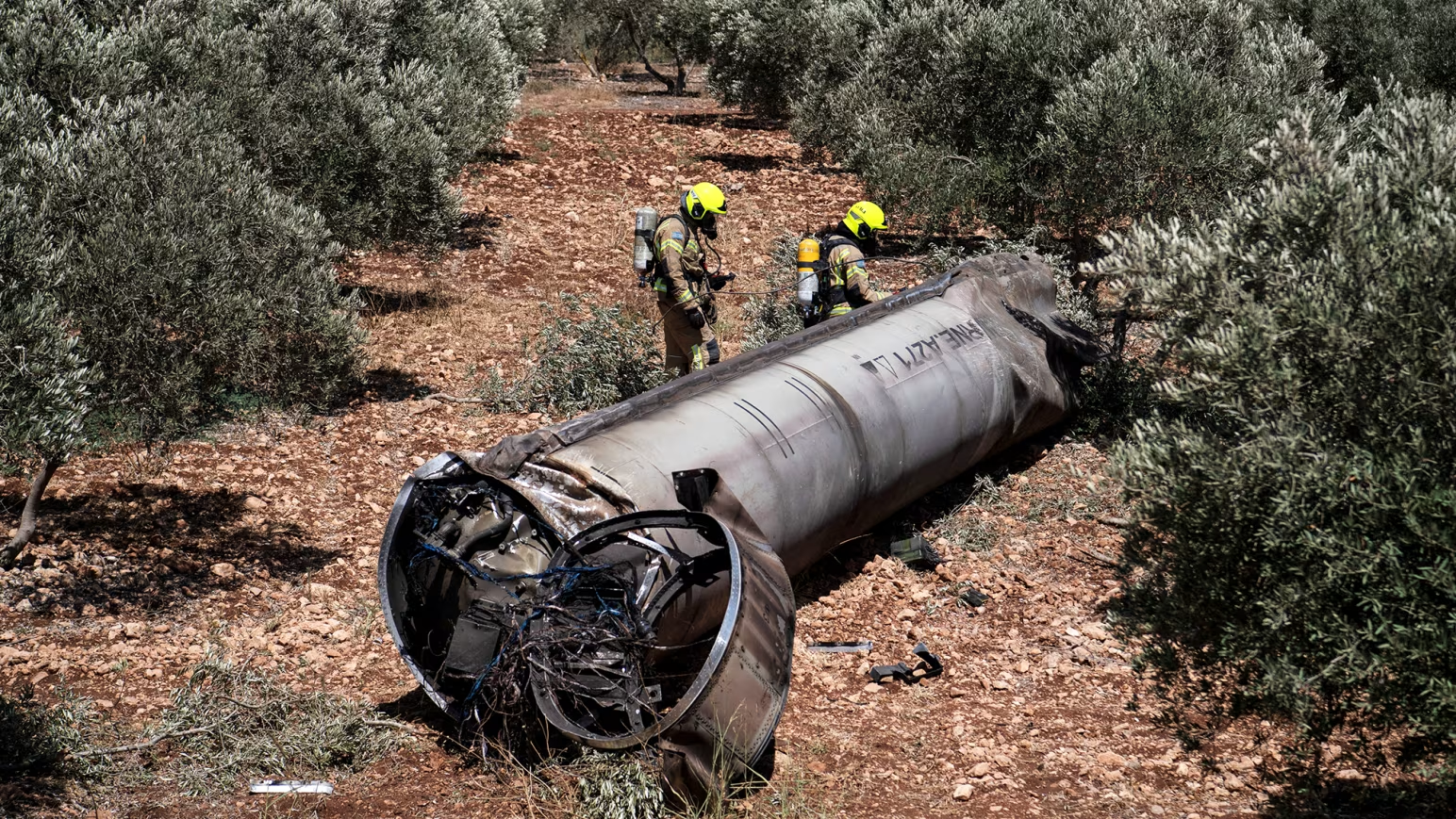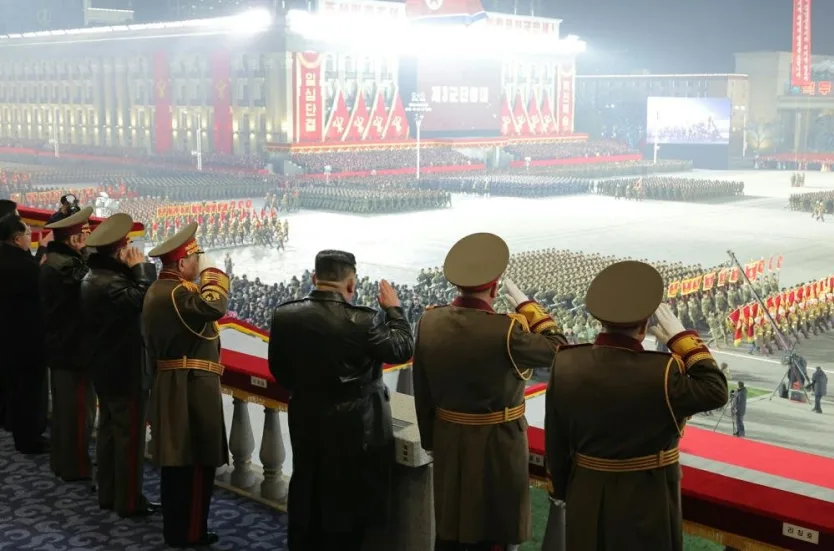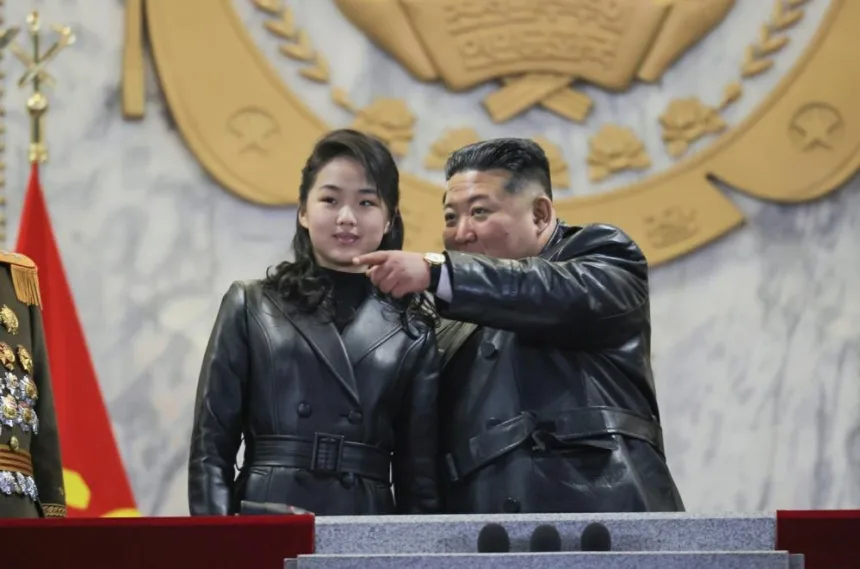Now Reading: Iran secretly rebuilding missile stockpile with China’s help despite UN sanctions — Western intelligence
-
01
Iran secretly rebuilding missile stockpile with China’s help despite UN sanctions — Western intelligence
Iran secretly rebuilding missile stockpile with China’s help despite UN sanctions — Western intelligence

Iran is covertly rebuilding its ballistic missile program with supplies from China, defying United Nations sanctions reimposed just weeks ago, Western intelligence agencies have revealed.
According to European intelligence sources, at least 2,000 tons of sodium perchlorate — a chemical used to make solid propellant for missiles — have been shipped from Chinese ports to Iran’s Bandar Abbas since late September. The material, experts say, could power up to 500 mid-range missiles, boosting Tehran’s arsenal following its 12-day conflict with Israel in June.
The shipments began arriving two days after the UN’s “snapback” sanctions were reinstated under the 2015 Joint Comprehensive Plan of Action (JCPOA), which prohibits Iran from developing or acquiring ballistic missile components capable of delivering nuclear weapons.
Several cargo vessels — including the MV Basht, Barzin, Elyana, and MV Artavand — made repeated trips between China and Iran, some deliberately switching off their tracking systems to obscure their movements, according to intelligence monitored by CNN.
A Chinese foreign ministry spokesperson told CNN they were “not familiar with the specific situation” but insisted that Beijing has “consistently implemented export controls on dual-use items” and remains committed to a “peaceful diplomatic resolution” of the Iranian nuclear issue.
Experts say the chemical involved — sodium perchlorate — is not specifically banned under UN sanctions, creating a legal grey area that Beijing could exploit. The substance is a precursor to ammonium perchlorate, a prohibited oxidizer used in solid-fuel ballistic missiles.
“Iran needs much more sodium perchlorate now to replace the missiles expended in the war and to increase production,” said Jeffrey Lewis, Director of the East Asia Nonproliferation Project at the Middlebury Institute. “Two thousand tons are enough for about 500 missiles — a sign that Iran is rearming fast.”
Iran’s Islamic Revolutionary Guard Corps (IRGC) is believed to be orchestrating the purchases through a complex web of front companies and shipping networks similar to those used in its oil smuggling operations to China, where so-called “teapot refineries” process Iranian crude through the “dark fleet” of tankers.
The intelligence reports follow earlier US sanctions in April targeting Chinese and Iranian entities accused of supplying missile propellant ingredients to the IRGC. Despite this, sources say shipments have not stopped — with Iran now appearing to accelerate efforts to replenish missile stockpiles damaged or destroyed during its clash with Israel.
While Beijing and Moscow have both rejected the legality of the reinstated sanctions, analysts warn that China’s defiance could further strain global efforts to control Iran’s nuclear ambitions.
“Beijing may be aware these exports indirectly support Iran’s missile program,” said Tong Zhao of the Carnegie Endowment for International Peace. “But it may also view this as a matter of sovereignty — asserting its right to make independent export-control decisions.”
The revelations underscore growing tensions between Western powers and China over its strategic partnership with Iran, just months after President Xi Jinping hosted Iranian President Masoud Pezeshkian in Beijing, reaffirming China’s support for Iran’s “peaceful use of nuclear energy.”




